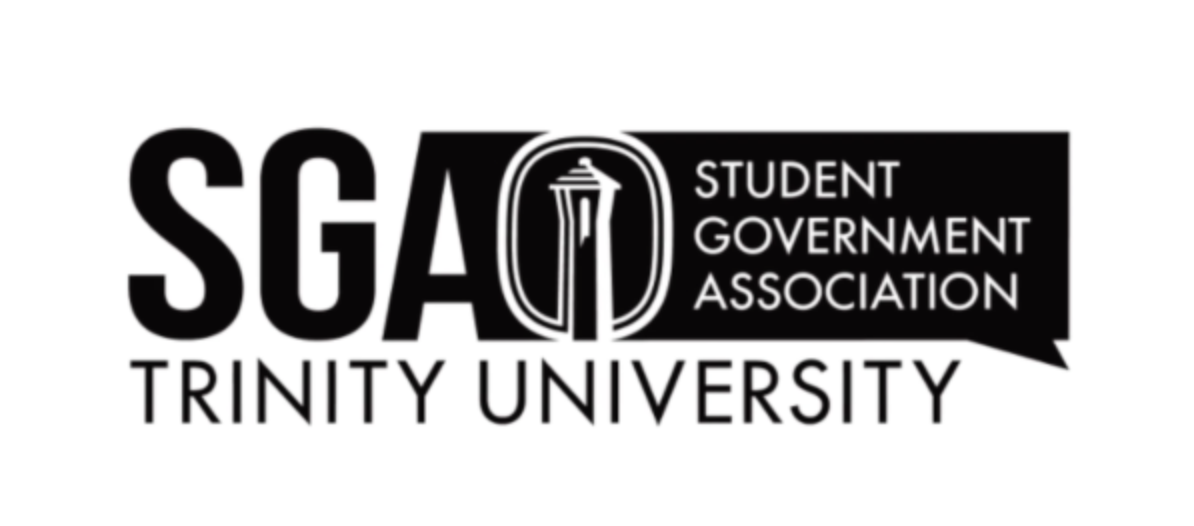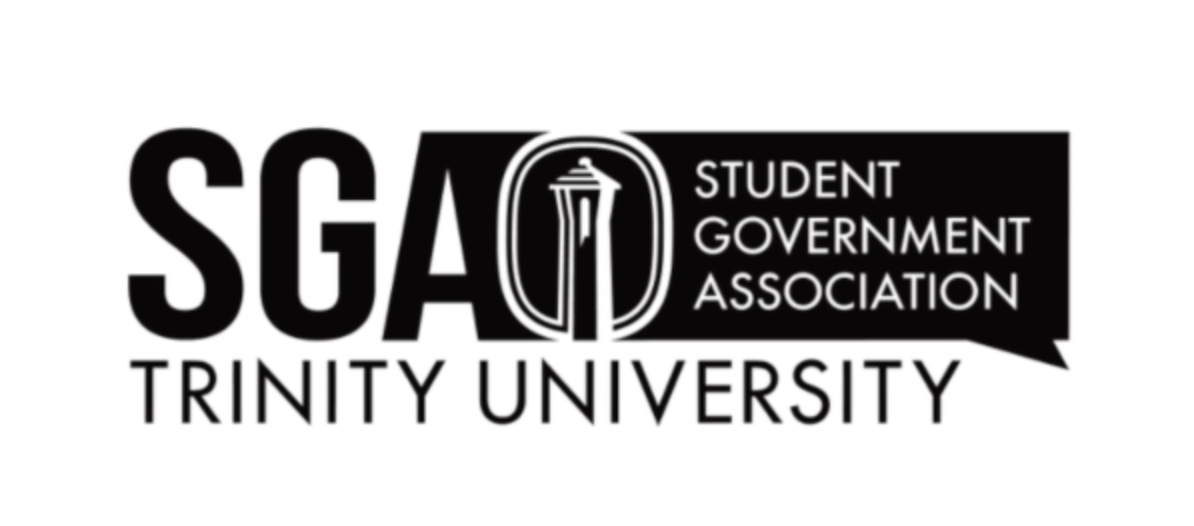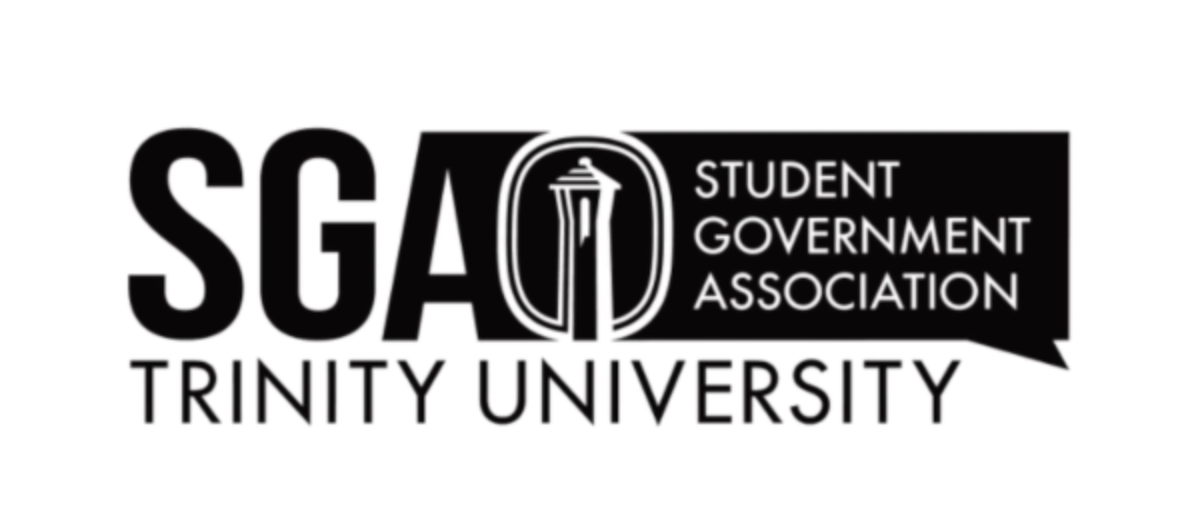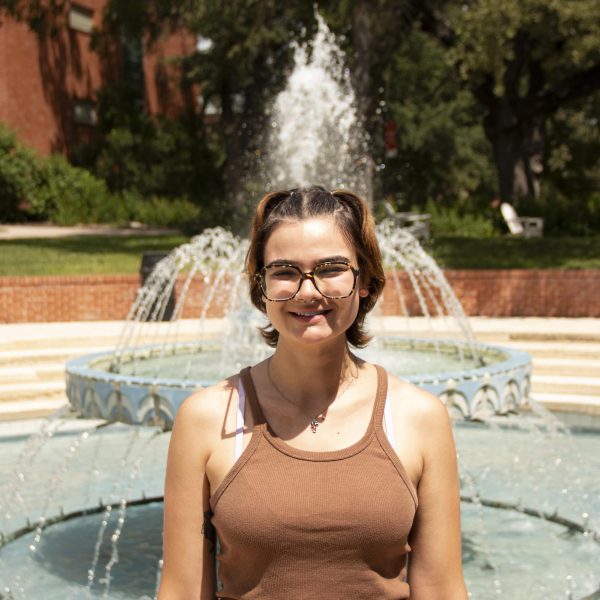The following covers the meeting on April 2.
POLICY PRESENTATION
Following up on the Academic Honor Council’s proposed reform, Ronni Sardovsky, professor of philosophy and member of the Honor Council Committee, asked SGA to remove the friendly amendment they passed last week.
Sardovsky cleared up confusion that senators had about last week’s proposal, clarifying that honor violations would still go to the honor council and that SGA’s friendly amendment was not necessary. She gave them three options to choose from to amend their proposal, or to revoke the friendly amendment.
After a few questions from senators for clarification and about whether the Honor Council could ensure professors used the new process, all 17 senators except for Junior Senator Josh Mitra voted to revoke their friendly amendment from last week, with multiple members of SGA stating that the amendment would be redundant and unnecessary.
FUNDING
The first USO funding request of seven over the next three weeks began. Trinity University Volunteer Action Committee asked for $27,070 for the 2025-2026 school year. Two representatives of TUVAC highlighted their accomplishments for the 2024-2025 school year, including aiding in 628 hours of service, bringing in 489 volunteers and hosting six large-scale events. They explained that they are cutting their Social Justice Coordinator position and increasing both volunteer appreciation and their anticipated fee for using GivePulse.
SGA members asked for their reasoning on requesting more or less money in different areas of their budget, how they could collaborate with other Trinity organizations, how their current coordinators will ensure social justice without a social justice coordinator and asked for clarification on whether volunteering hours increased and how many volunteers they brought in for larger events. TUVAC clarified that they were raising funding for appreciation because it helped with volunteer retention and that they still needed money for transportation. TUVAC then stated that they make an effort to collaborate with other organizations already, and that their coordinators already make an effort to include social justice into their events. They confirmed that volunteer hours have doubled this year and that they brought in around 30 for their large events.
Senators then had a “soft deliberation” period, where they considered how much they would potentially fund TUVAC. All USOs must present funding requests before SGA makes final funding decisions. In a strawpoll, all 17 senators unanimously said they would potentially fully fund the $27,070 TUVAC requested.
CLIMATE CHECK
First-year Senator Nellie Clark asked why Chartwells uses physical receipts when they could provide digital ones. President Joy Areola said she assumed that Chartwells could not get everyone to download Boost, so there may not be another option. Senior Senator Blaine Martin clarified that the receipts are plastic and ink, so they cannot be recycled.
Senior Senator Jackson Delhagen brought attention to the Olivia Krolczyk event hosted by the Riley Gaines Center at the Leadership Institute and the protest for transgender rights happening outside of Chapman Auditorium. First-year Senator Pilar Mier asked for clarification on the rules surrounding protesting. Associate Dean of Students Benjamin Williams said that the rules were extensive, outlined in the Expressed Activities Policy and aim to prevent disruptions at all events.
Senator Martin expressed that LGBTQ+ students were fearful and concerned that this event was harmful to the community and students’ mental health. Williams said that he understood Senator Martin, but that it was the university’s responsibility to be content neutral and provide a space for conversation.
Members of SGA then asked Williams many questions about the university’s reasoning, including First-year Senator Pilar Mier objecting to a comparison between the Young Conservatives of Texas’s and PRIDE’s events. Junior Senator Alex Brown questioned what the line was for inciting violence. Williams restated Trinity’s stance on neutrality and said that if the university does not allow one belief on campus, they cannot allow any of them. He also stated that while SGA represented all of the student body and could not fund or defund events based on content, he encouraged SGA members to use their voices.
Vice President Waters encouraged SGA to address the law — the root of the problem, as the school had to follow the law. President Areola stated that this was an important conversation and one that had to continue. Williams then invited SGA members to stay after the meeting to ask more questions.








